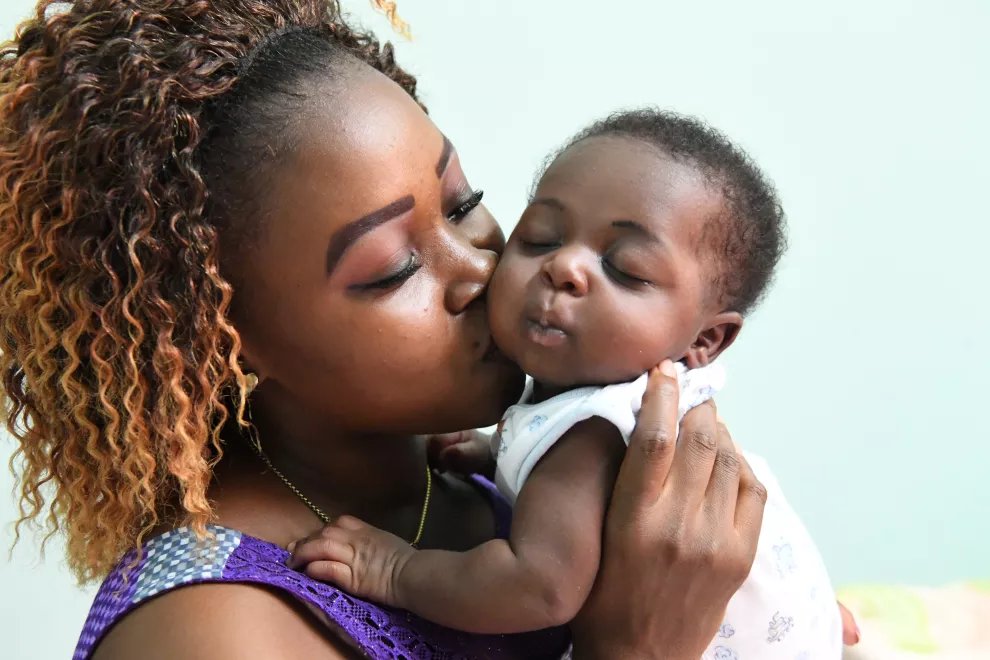The Nigerian government, in partnership with the United Nations Children’s Fund (UNICEF), has called for renewed commitment to building sustainable support systems that enable mothers to breastfeed effectively.
World Breastfeeding Week, marked globally from the 1st to the 7th of August, presents an opportunity to highlight the importance of this practice.
This year’s theme, “Prioritise Breastfeeding: Create Sustainable Support Systems,” emphasises the urgent need for consistent support at home, in communities, workplaces, and health facilities to help mothers breastfeed successfully.
Breastfeeding in Nigeria
Breast milk is a natural and complete source of nutrition for infants. It contains antibodies that protect children from disease, support brain development, and reduce the risk of obesity later in life.
For women, it lowers the risk of breast and ovarian cancers as well as Type 2 diabetes.
UNICEF describes breastfeeding as a sustainable, cost-effective, climate-smart intervention that produces zero waste.

Despite its numerous benefits, breastfeeding remains poorly supported or widely misunderstood.
Although more than 90 per cent of Nigerian mothers start breastfeeding, a figure considered encouraging, data from the 2023 to 2024 National Demographic and Health Survey shows worrying gaps in how long and how exclusively babies are breastfed.
The rate of early initiation of breastfeeding, defined as feeding within the first hour of birth, has declined from 42 per cent in 2018 to 36 per cent in 2023.
Exclusive breastfeeding for the first six months has stagnated at 29 per cent, and only 23 per cent of babies are breastfed for the recommended minimum of two years.
Only 12 of Nigeria’s 36 states, alongside the Federal Capital Territory, currently provide up to six months of paid maternity leave.
Collective action needed
In response to these trends, both government stakeholders and development partners are urging the creation of stronger systems that enable mothers to initiate breastfeeding early, feed exclusively for six months, and continue breastfeeding alongside complementary foods for up to 24 months.
Wafaa Abdelatef, UNICEF Representative in Nigeria, said that all parts of society must take responsibility for ensuring mothers have the support they need.
Mr Abdelatef noted that breast milk is central to child survival and development.
“We all have a role to play in supporting mothers to breastfeed effectively”.
“This World Breastfeeding Week, we urge every level of government, every workplace, and every community to build lasting support systems so that no mother lacks the encouragement or resources she needs,” he said.
National investment
As part of the ongoing Nutrition 774 Initiative, which seeks to strengthen nutrition services in every local government area, the federal government and UNICEF are advocating for coordinated efforts to close the support gap.
READ ALSO: First UK baby born following womb transplant
Their recommendations include extending paid maternity leave to six months across all states, training and equipping frontline health workers, and ensuring mothers have access to breastfeeding support wherever they live and work.
UNICEF emphasised that improving breastfeeding practices is more than a public health priority.
Read the full article here


